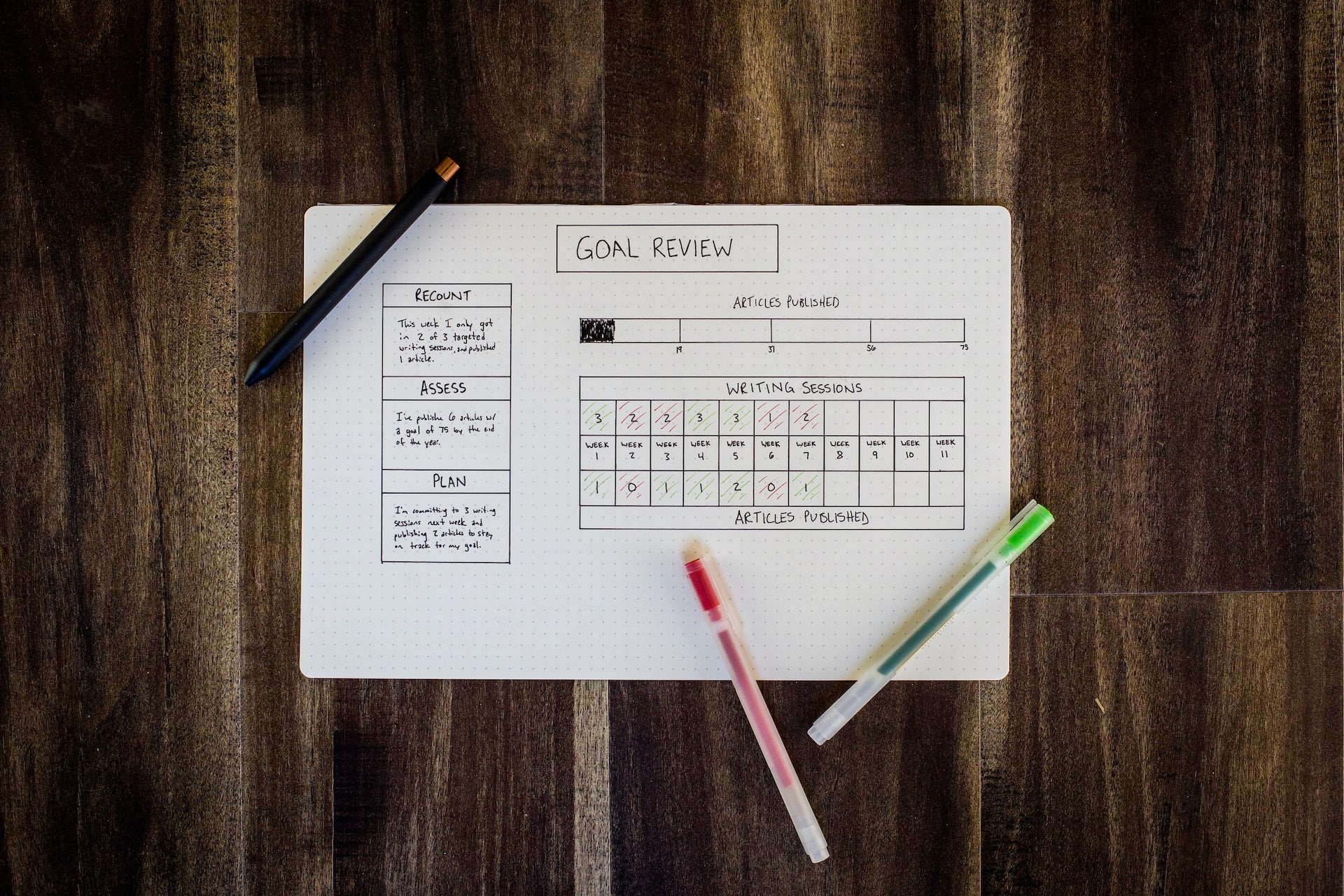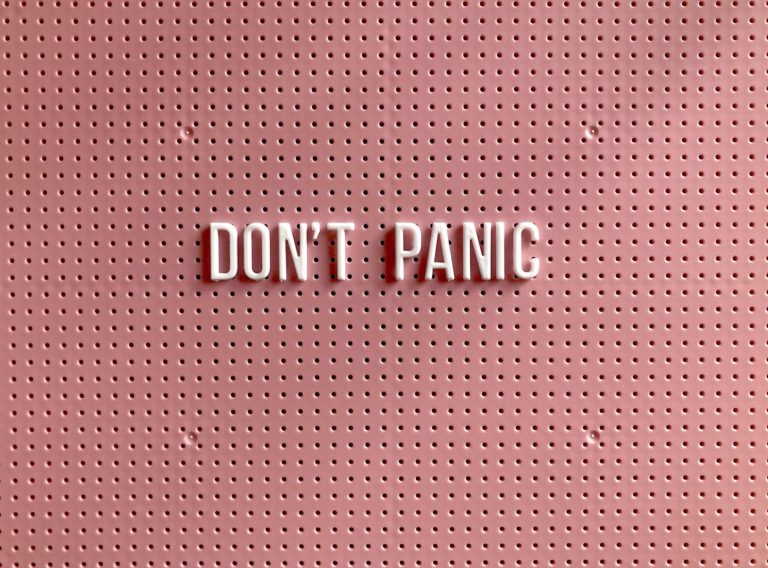Setting and achieving goals is an important part of personal growth and mental health. Goals give us a sense of direction and purpose, helping us to identify what we want to achieve and how we can work towards it. Goals also help us to track our progress, giving us a sense of accomplishment as we achieve milestones and move closer to our desired outcomes.
However, not all goals are created equal, and setting unrealistic or irrelevant goals can be counterproductive to our mental health and well-being.
Goals that are too challenging or unattainable can leave us feeling discouraged and overwhelmed, while goals that are not aligned with our values and interests can lead to a lack of motivation and burnout.
To achieve personal growth and maintain good mental health, it’s important to set realistic, relevant, and achievable goals. In this article, we will explore how to set and achieve such goals, focusing on practical steps and strategies that can help you to stay motivated, focused, and on track as you work towards your personal growth and mental health goals.
Whether you’re looking to learn a new skill, improve your relationships, or reduce stress and anxiety, the tips and techniques outlined in this article can help you to set and achieve your goals in a way that supports your overall well-being.
Tips on Setting and Achieving Realistic Goals for Personal Growth and Mental Health

Define your goals
Defining your goals is the first and most crucial step towards achieving personal growth and mental health. Before you set your goals, take some time to reflect on what areas of your life you’d like to improve. You could start by writing down a list of things you’d like to achieve, whether it’s related to your mental health, such as reducing stress or anxiety, or related to personal growth, such as learning a new skill or improving your relationships. Be specific and detailed when defining your goals, and try to be as honest as possible with yourself about what you want to achieve. This will help you stay motivated and focused as you work towards your goals.
Make your goals specific
Once you’ve defined your goals, it’s essential to make them specific. Vague goals are challenging to achieve because they lack direction and focus. Instead, make your goals precise by using specific language. For example, instead of setting a goal to “reduce stress,” set a goal to “practice mindfulness meditation for 15 minutes every day.” This specific goal gives you direction and a clear plan of action to follow.
Make your goals measurable
Making your goals measurable means creating a system to track your progress. Measuring progress helps you stay motivated and gives you a sense of achievement as you move closer to your goal. To make your goals measurable, identify specific metrics or milestones to track. For example, if your goal is to learn a new skill, set a goal to complete a certain number of lessons or exercises per week. This will allow you to measure your progress and adjust your approach if necessary.
Make your goals achievable

Setting unachievable goals is a common mistake that leads to frustration, disappointment, and can harm your mental health. Instead, set goals that are challenging but realistic. If you’re new to a particular skill, set smaller goals to build momentum and confidence. For example, if your goal is to run a marathon, start by setting a goal to run a 5k or 10k race first. This approach will help you build the skills and confidence you need to tackle more significant challenges. Remember that achieving your goals takes time and effort, so be patient and persistent.
Make your goals relevant
When setting goals, it’s important to ensure that they align with your personal values, interests, and aspirations. Goals that are not relevant to your personal growth and mental health can cause burnout and lack of motivation. To set relevant goals, ask yourself why you want to achieve a particular goal and how it aligns with your long-term goals and values. This will help you stay focused and motivated throughout the process.
Set a deadline
Setting a deadline for your goals can be a powerful motivator. Deadlines create a sense of urgency and help you prioritize your efforts. However, it’s important to ensure that your deadlines are realistic and achievable. Setting overly ambitious deadlines can cause unnecessary stress and anxiety, and may ultimately lead to failure. Be honest with yourself about how much time you realistically have to work on your goals, and set deadlines accordingly.
Create an action plan
Once you have set your goals and deadlines, the next step is to create an action plan. Break your goals down into smaller, actionable steps, and create a timeline for each step. This will help you stay focused and make steady progress towards your goal. Your action plan should include specific actions you will take, deadlines for each step, and any resources you may need to achieve your goals.
Celebrate your progress

Celebrating your progress along the way can be a great way to stay motivated and maintain momentum. Celebrations don’t have to be grand or expensive, and they can be as simple as treating yourself to a favorite meal, taking a day off, or sharing your success with friends and family. Recognizing your progress and accomplishments can help you feel proud of yourself and give you the energy you need to keep working towards your goals.
Remember that setting and achieving goals is a journey, and it’s important to be patient and kind to yourself along the way. With the right mindset, tools, and support, you can make progress towards your personal growth and mental health goals.
Conclusion
In conclusion, setting and achieving goals is crucial for personal growth and mental health. By defining specific, measurable, achievable, relevant, and time-bound goals, you can create a clear plan of action and stay motivated throughout the process. Breaking down goals into smaller steps and creating an action plan with deadlines can help you prioritize your efforts and make steady progress towards your goals. Celebrating your progress along the way can also boost your motivation and give you a sense of accomplishment. Remember that achieving your goals takes time, effort, and persistence, and it’s important to be patient and kind to yourself throughout the journey. With the right mindset, tools, and support, you can achieve your personal growth and mental health goals and lead a fulfilling life.




